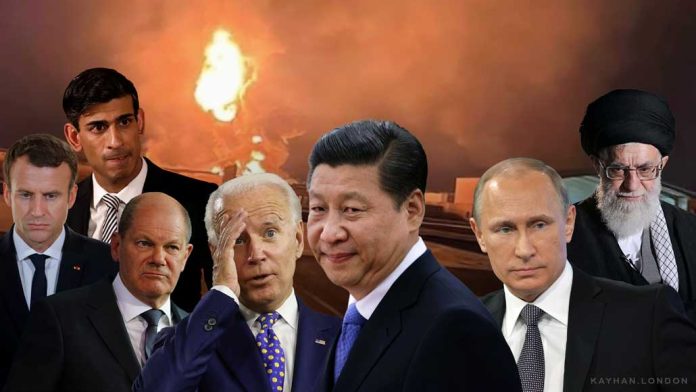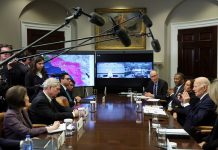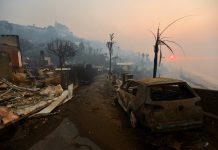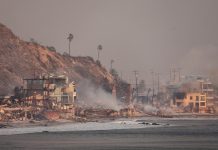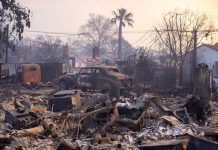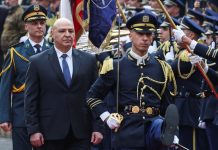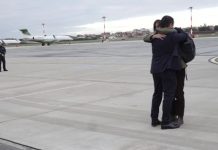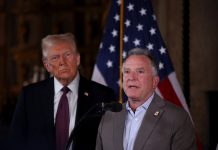By Trevor Hunnicutt
WASHINGTON, Dec 11 (Reuters) – President Joe Biden is pushing U.S. national security agencies ahead of Donald Trump’s inauguration to devise new strategies to tackle the risky, deepening ties among Russia, Iran, North Korea and China, according to U.S. officials.
In exchange for Iran‘s help with the Russian war effort in Ukraine, Moscow is giving its ally fighter aircraft, missile defense and space technology, Biden concluded in a national security memorandum issued on Tuesday.
Russian President Vladimir Putin is giving North Korea fuel, money and technology, and is recognizing it as a de facto nuclear state. Russia is conducting joint patrols with China in the Arctic, the administration said.
The classified document was described in general terms to reporters, but has not independently been reviewed by Reuters. Russia, China, Iran and North Korea have disputed similar assessments in the past and accused Washington of destabilizing behavior.
Biden’s new document orders various arms of the U.S. government to restructure groups currently organized by region to better focus on issues linking the four countries that span Europe and Asia.
The document’s strategies and policy suggestions could be implemented – or rejected altogether – by President-elect Trump, a Republican who takes office on Jan. 20.
“When the new team sort of looks at it, I don’t think they will see anything in it that is trying to box them in or tilt them toward one policy option or another,” said one of the senior administration officials, who declined to be named.
Another official said they want to create “new options so that a new team and Congress can really hit the ground running.”
The officials said the challenges ahead include ensuring that any sanctions and export controls imposed on the four countries are applied in a coordinated way that doesn’t risk blowback from those countries and enabling the United States to better handle simultaneous crises involving several of the countries. North Korean troops are now serving in Russia, for instance.
“We’re now in a world where our adversaries and our competitors are learning very quickly from one another,” said one of the officials.
But there are limits to the countries’ cooperation, another of the officials said, including Russia and Iran‘s failing to assist their ally Bashar al-Assad, the former Syrian president who was toppled over the weekend.
“This realignment sort of raises for China the question about what kind of future it wants to see and if it really wants to be all-in with this grouping,” the person said.
Regime Change Is Only Solution For Iran, Say DC Conference Speakers
(Reporting by Trevor Hunnicutt; Additional reporting by Ismail Shakil; Editing by Don Durfee and Leslie Adler)

